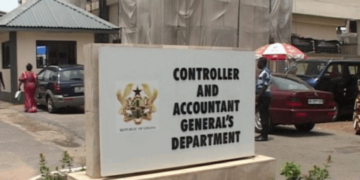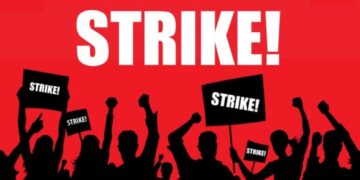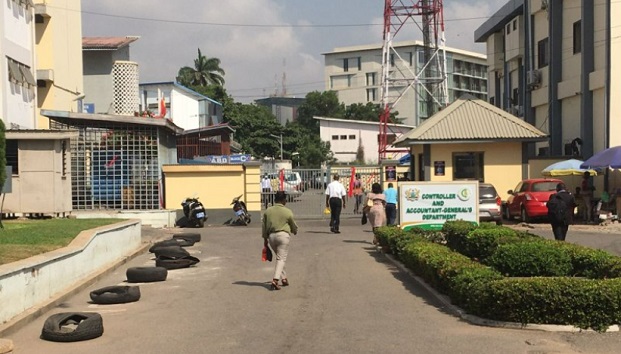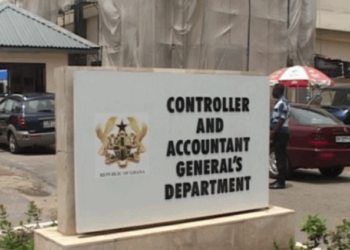The Ghana Civil and Local Government Staff Association (CLOGSAG) has called for an indefinite national strike to begin on January 20, 2022.
The strike is being held in support of the union’s requests for improved working conditions.
The decision to strike was reached by the association’s National Executive Council, according to a letter written to its members on Monday, January 17, by CLOGSAG’s Executive Secretary, Isaac Bampoe Addo, and appropriate notice has been sent to all relevant stakeholders since December 22, 2021.
According to the association, there has been an unjustified delay in negotiating agreements on the working conditions of its members, which it views to be disturbing and unacceptable. It can no longer sustain the strain, hence a strike has been announced.
Click here to view CLOGSAG’s December 2021 strike notification, which also outlines why the strike is taking place.
“By this letter, all CLOGSAG members in the Ministries, Departments, and Agencies, as well as the Metropolitan, Municipal, and District Assemblies are advised to remain at home until further notice on Thursday, January 20th, 2022.”
“In a same spirit, all Chief Directors, Heads of Department, Regional Coordinating Directors, Metropolitan, Municipal, and District Coordinating Directors are properly notified by this letter,” the letter said.
CLOGSAG is a legally registered trade union that represents employees in the Civil and Local Government Services. It makes an effort to represent government personnel on matters impacting the Service.
The group said in December 2021 that if its demands for a rethinking of its members’ remuneration system were not granted, it would go on strike.
The Ghana News Agency said on Monday, ahead of the strike, that numerous offices, signposts, and trees inside the Ministries enclave had been wrapped in red bands to serve as a warning of the impending strike.
A 15% interim premium payment to Civil and Local Government Services employees earlier this year generated outrage and requests for equivalent perks from other workers.
Read Also: Nigeria’s economy: Why people are buying sanitary pads in packs of two
SOURCE: GRAPHIC ONLINE
























